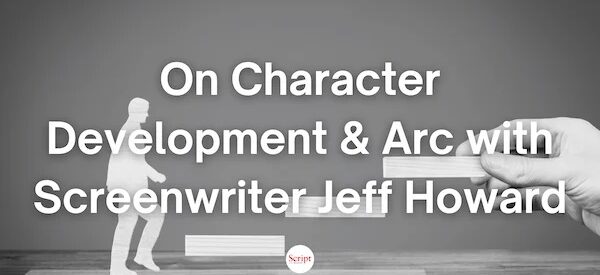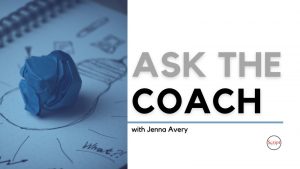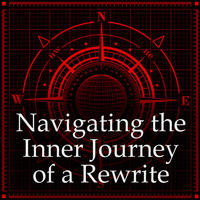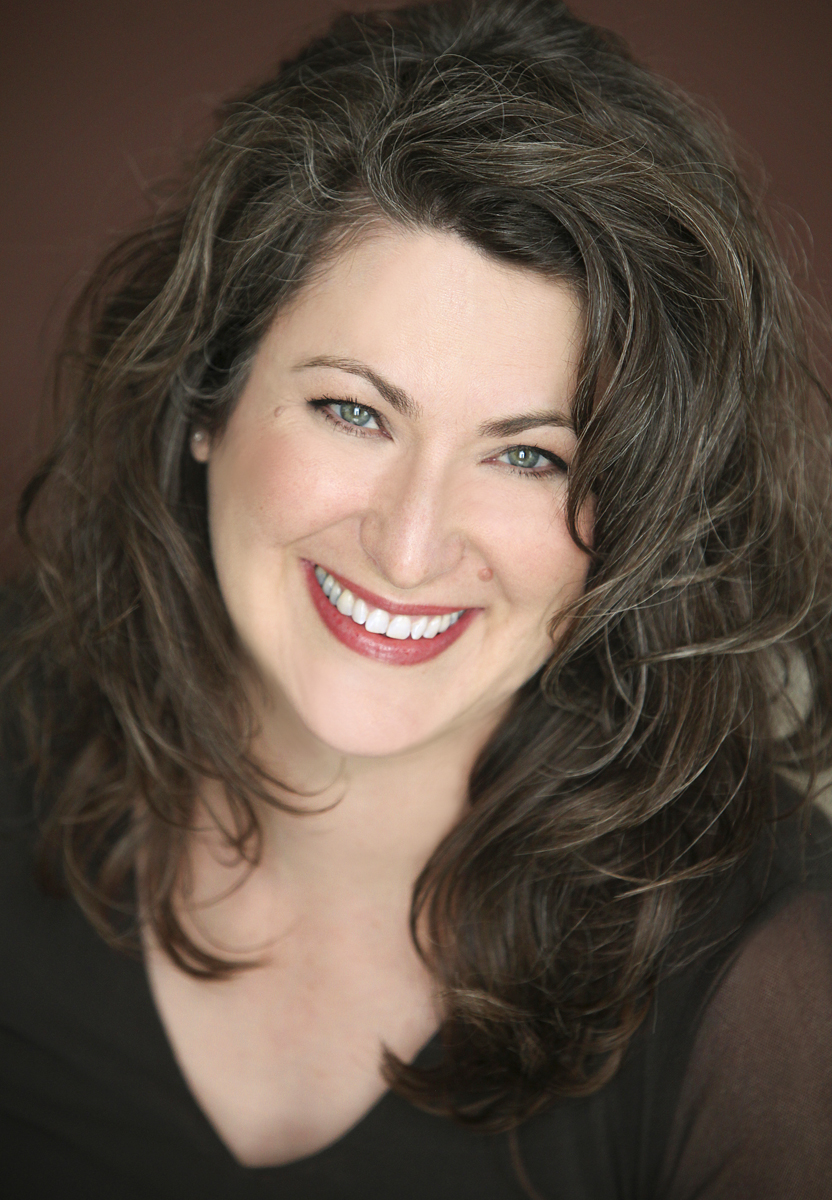In this month’s “Ask the Coach” article, I’m addressing — with help from Screenwriter Jeff Howard (‘Midnight Mass,’ ‘Haunting of Hill House,’ ‘Oculus,’ ‘Ouija: Origin of Evil,’ ‘Gerald’s Game’) — two similar but separate questions from readers about character arc and character development:
Question 1: How to develop a character arc that is consistent with the story?
Question 2: How to continue developing your characters throughout the story?
Here are the main insights discussed in response:
- Character or plot first?
- Imagine your plot and character together from the start.
- Intertwine character and action early.
- Don’t worry about ‘core wounds,’ etc.
- Think of your character as a real human being — always trying to win.
- See character as living through the eyes of another person.
- Embrace action and character as one and the same.
To me, good character work is living within the moment of what’s happening — the actual moments of the story — not laying some construct of life-changing stuff on top of your story.
— Jeff Howard
I’d love to answer them for you in my column.











 In the third and final session of my interview series with Enneagram and story development expert Jeff Lyons (recordings no longer available), we talked about “Bridging the Gap from Motivation to Structure With the Enneagram.” Today’s post is a recap of what we discussed.
In the third and final session of my interview series with Enneagram and story development expert Jeff Lyons (recordings no longer available), we talked about “Bridging the Gap from Motivation to Structure With the Enneagram.” Today’s post is a recap of what we discussed.


